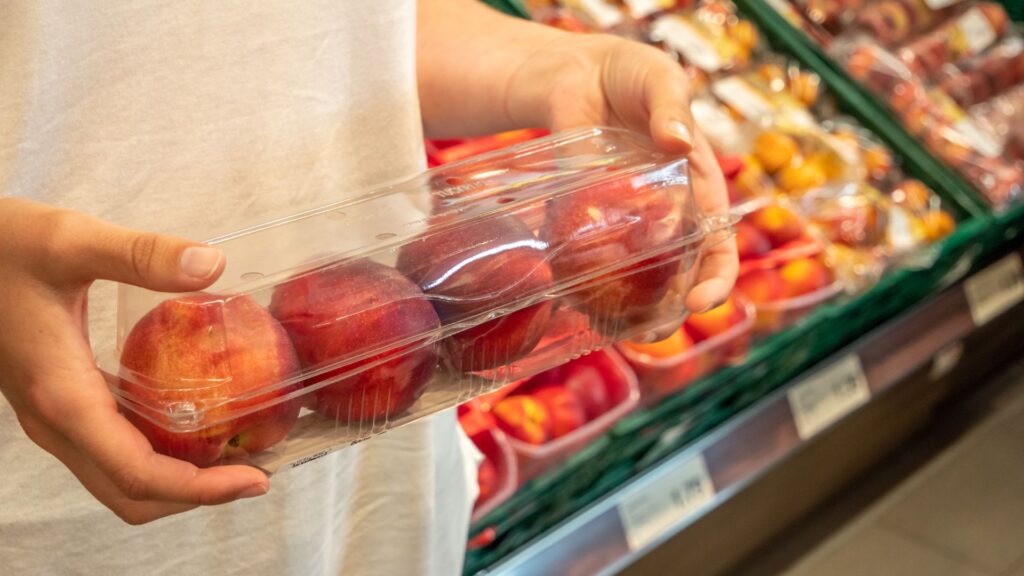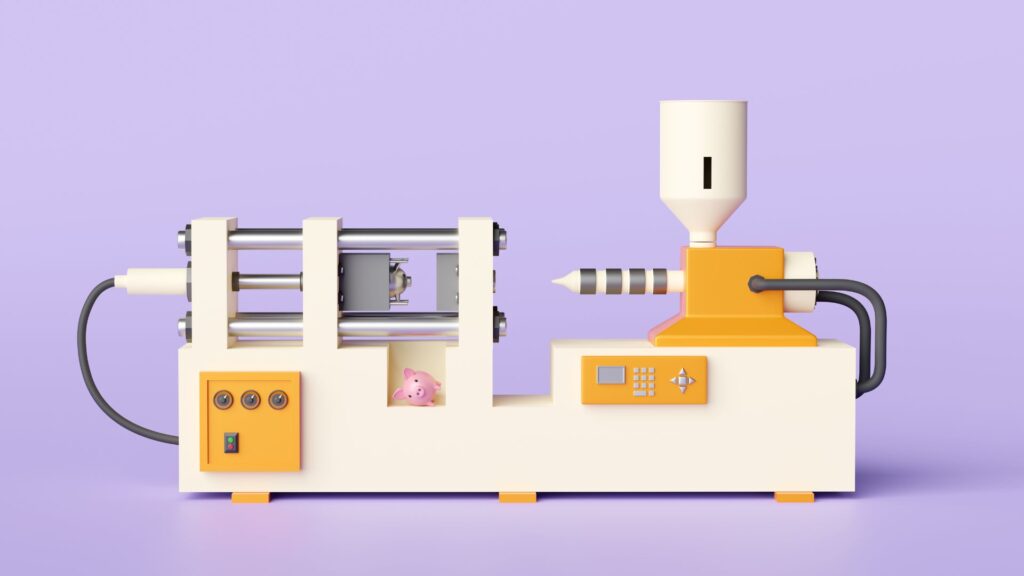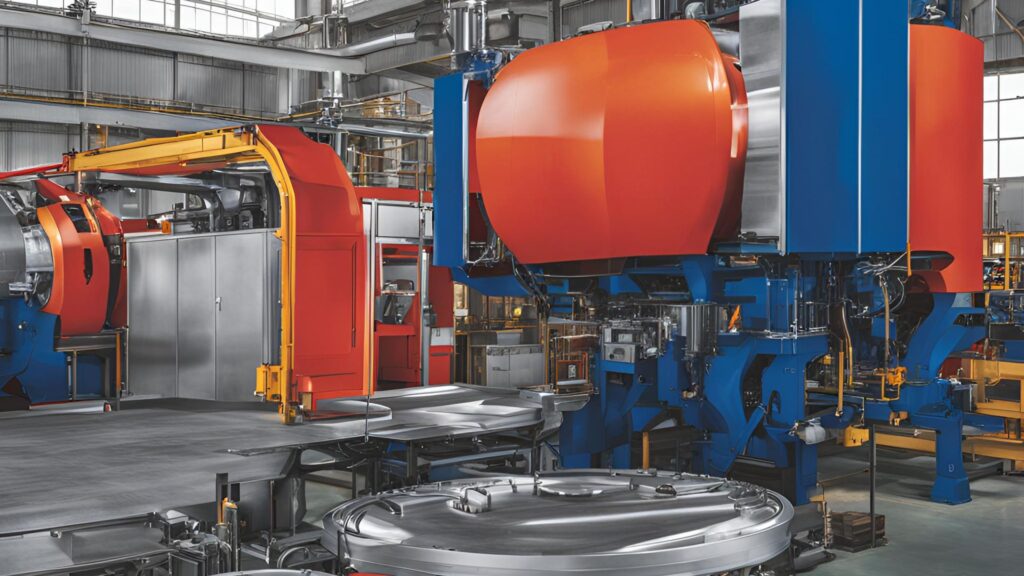
If there ever was someone who could be said to have been “born” into the plastics industry, that person would have to be Kip McAlister, president and CEO of Lone Star Chemical. Kip’s birth came at a time when his father, Mike McAlister, was deep into his career at Fina Oil and Chemical Company, selling plastics, and was on the verge of stepping away from there to establish a wholesaler firm of his own, dealing in polystyrene. Mike made that move, and Kip grew up in the family biz, eventually taking a position in it, and later getting promoted to its top spot. (For more on Kip’s background, see his bio.)
One of Kip’s biggest contributions to the company has come in the form of making connections. His early push as newly appointed president and CEO was to develop a greater network of upstream partnerships.
“When I took over, my emphasis was on getting multiple suppliers,” Kip says.
Mike McAlister, during his earlier tenure as CEO, had been very loyal to Fina because of his background there. “And so he [Mike] would not really buy from anybody else,” Kip says. “He just was very loyal to them, and they were very good to him as well. Can’t complain. But anytime you add a little competition to the mix, I think you always make it better. And so, I’ve worked very hard to do get multiple suppliers and not be dependent upon just one supplier…. We don’t have all of our apples in one basket.”
He adds: “My dad’s company was strictly a reseller [of Fina’s products]. I didn’t want to stay small or just stay with what we were doing.”
Having more suppliers means being able to shop more widely for the best deals for Lone Star’s customers—and pass along the savings, Kip said.
The company has also, over the years, branched out from its earliest practice of reselling only polystyrene. Now Lone Star sells polypropylene, polyethylene, repro, and other products.
The typical customer for Lone Star is a business that uses injection molding machines to melt and form these polymers into various products for end users.
One example is Spill Tech, a company that manufactures absorbents for cleaning up spills. They buy polymers from Lone Star. Eddie Reid, plant manager at Spill Tech (SpillTech.com) said that Lone Star is “easy to do business with.”
“They are honest and they are competitive,” Reid says. “And Kip is professional, knowledgeable, and easy to deal with.”
According to Kip, the companies that Lone Star targets for sales are companies that the big producers of plastic don’t want to sell to directly. “Meanwhile, they [the petrochemical plants] want the Rubbermaids, the Hefty Trash Bags, Igloos, companies like that,” Kip says. “They want companies that can buy 10 to 20 rail cars a month. They [those producers] want us to sell to people who have to buy smaller than that. Smaller quantities.”
In an arrangement like this, everyone wins. The large petrochemical plants can keep their client list small and do not have to keep tabs on hundreds of small(er) quantity buyers. The Lone Stars of the world can buy in bulk from the chemical plants, then break down the railcar loads into smaller allotments and distribute those to Lone Star’s own customers, most of whom are manufacturers and merchandisers.
Asked what kind of questions he gets from his customers, Kip doesn’t hesitate. “They always want to know what we think the market is going to do, one month to the next,” he says. “They always want to get some kind of forecast. Like, ‘What do you think is going to happen in the next two or three months?’”
But he has to be honest. He doesn’t have a crystal ball and neither does anyone else. “This year, it’s been a dart throw against the wall. Whatever the dart hits, that’s what you [would] think is going to happen. You have no idea, quite honestly.”
But for all of that, the work remains satisfying. It’s satisfying, Kip said, to sell so much material to so many businesses that create made-in-America goods. Indeed, most of Lone Star’s customers are U.S.-based businesses. “I’m glad we have American manufacturers, obviously,” he says. “We have customers from coast to coast.”
As the clientele for Lone Star Chemical keeps growing, it’s obvious they are pleased with Lone Star as well. The plastics/polymers/resins industry is a small world, relatively speaking, but it’s a thriving one, for customers, distributors, and manufacturers alike. Even if they don’t know what the market will do one month to the next.



